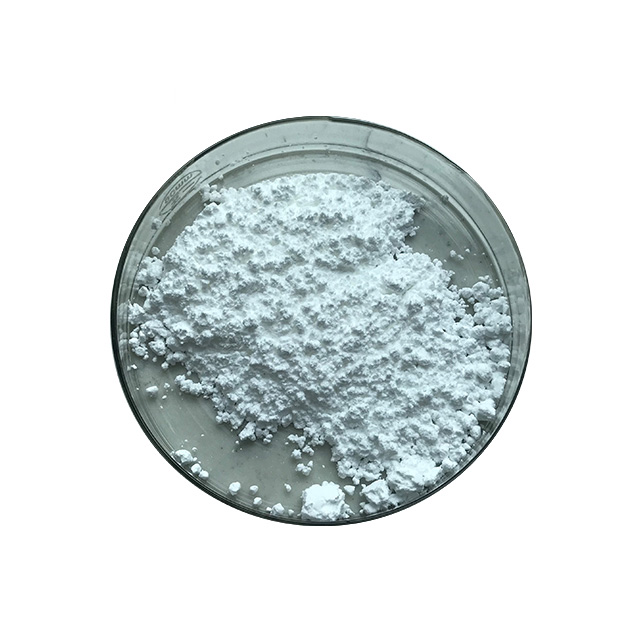Thiamine is a vitamin, also called vitamin B1. Vitamin B1 is found in many foods including yeast, cereal grains, beans, nuts, and meat. It is often used in combination with other B vitamins, and found in many vitamin B complex products.
Function:
Metabolic disorders. Taking thiamine by mouth helps correct metabolic disorders associated with genetic diseases, including Leigh's disease, maple syrup urine disease, and others.
Thiamine deficiency. Taking thiamine by mouth helps prevent and treat thiamine deficiency.
Brain disorder due to thiamine deficiency (Wernicke-Korsakoff syndrome). Thiamine helps decrease the risk and symptoms of a specific brain disorder called Wernicke-Korsakoff syndrome (WKS). This brain disorder is related to low levels of thiamine (thiamine deficiency)
Athletic performance. Some research suggests that taking thiamine together with pantethine and pantothenic acid (vitamin B5) does not improve muscle strength or endurance in athletes.
Preventing cervical cancer. Some research suggests that increasing intake of thiamine from dietary and supplement sources, along with other folic acid, riboflavin, and vitamin B12, might decrease the risk of precancerous spots on the cervix.
Cataracts. High thiamine intake as part of the diet is associated with a reduced risk of developing cataracts.
Kidney disease in people with diabetes. Early research shows that taking high-dose thiamine (100 mg three times daily) for 3 months decreases the amount of albumin in the urine in people with type 2 diabetes. Albumin in the urine is an indication of kidney damage.
Application Area:
Metabolic disorders. Taking thiamine by mouth helps correct metabolic disorders associated with genetic diseases, including Leigh's disease, maple syrup urine disease, and others.
Thiamine deficiency. Taking thiamine by mouth helps prevent and treat thiamine deficiency.
Brain disorder due to thiamine deficiency (Wernicke-Korsakoff syndrome). Thiamine helps decrease the risk and symptoms of a specific brain disorder called Wernicke-Korsakoff syndrome (WKS). This brain disorder is related to low levels of thiamine (thiamine deficiency) and is often seen in alcoholics. Between 30% and 80% of alcoholics are believed to have thiamine deficiency. Giving thiamine shots seems to help decrease the risk of developing WKS and decrease symptoms of WKS during alcohol withdrawal.



